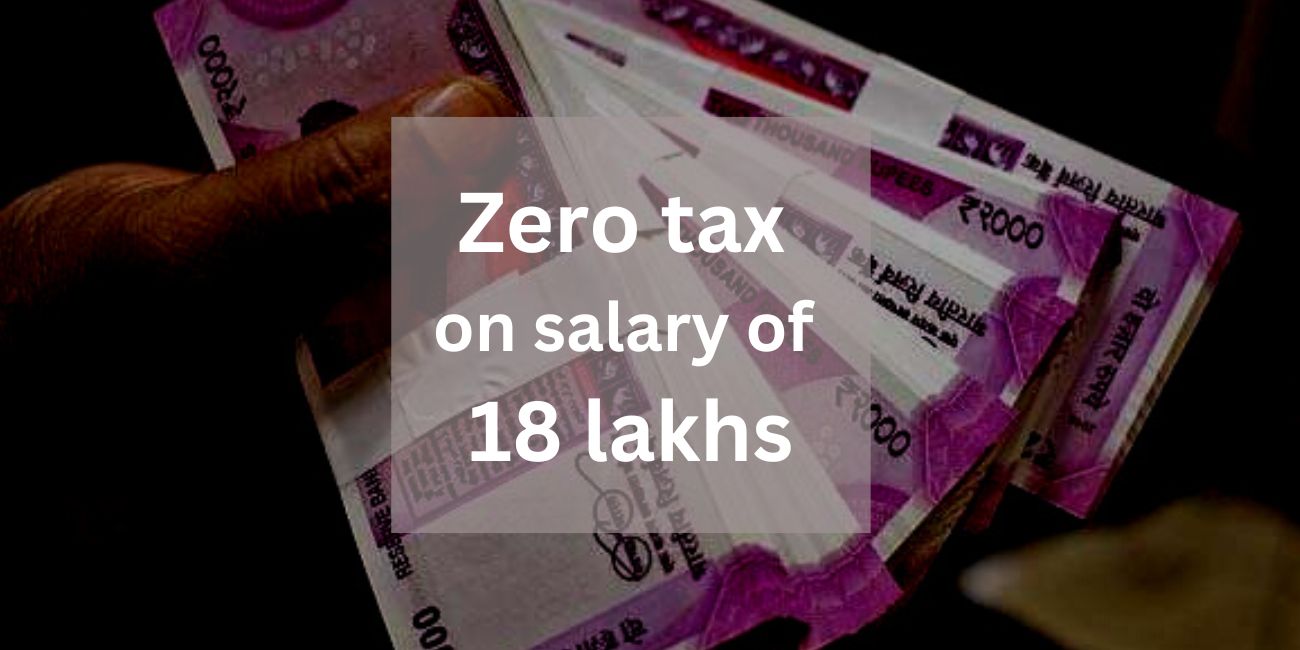Staying Ahead of the Corporate Tax Changes in India: A Guide for Business Owners in 2023
The Indian government has proposed significant changes to the corporate tax structure in India for 2023. These changes include the reduction of the corporate tax rate and the introduction of new tax incentives for businesses. These changes are aimed at boosting economic growth and attracting foreign investment to India. However, the new tax structure can be complex and challenging for business owners to navigate. In this blog post, we will provide a comprehensive guide for Indian business owners on how to stay ahead of the corporate tax changes in 2023 and make informed decisions to minimize their tax liability and increase profitability.
Understanding the proposed changes to the corporate tax structure in India in 2023:
The Indian government has proposed a reduction in the corporate tax rate from 30% to 25% for companies with a turnover of up to 400 crores. For new manufacturing companies, the corporate tax rate has been reduced to 15%. Additionally, the government has introduced several new tax incentives for businesses, such as a reduced tax rate for companies that invest in research and development and a reduced tax rate for companies that set up new manufacturing units in India.
Taking advantage of the new tax incentives:
Business owners can take advantage of the new tax incentives to minimize their company’s tax liability and increase profitability. For example, companies that invest in research and development can benefit from a reduced tax rate of 17%. Additionally, companies that set up new manufacturing units in India can benefit from a reduced tax rate of 15%. It is important for business owners to understand the details of these incentives and how they can apply them to their business to minimize their tax liability.
Strategies for tax planning and compliance:
Business owners must also be aware of the transfer pricing regulations, tax-efficient structuring, and tax-efficient financing to minimize the tax liability and stay compliant with the regulations. Transfer pricing is the process of determining the price of goods and services between related parties, such as subsidiaries or affiliates. Business owners should be aware of the transfer pricing regulations in India and ensure that they are in compliance with them. Tax-efficient structuring and financing are also important to minimize the tax liability. Business owners should consider the tax implications of different financing options and structure their business in a tax-efficient manner.
Navigating the complexities of the Indian tax system:
Navigating the complexities of the Indian tax system can be challenging for business owners. One way to stay compliant with regulations is to use tax software and hire a tax professional. Tax software can help business owners to stay organized and track their tax liability. Additionally, hiring a tax professional can provide expert guidance on tax planning and compliance.
Best practices for tax planning and risk management:
Business owners should also practice best practices for tax planning and risk management, including tax forecasting and budgeting, and effective communication with the tax authorities. Tax forecasting and budgeting can help business owners to anticipate their tax liability and plan accordingly. Effective communication with the tax authorities can help business owners to resolve any disputes or misunderstandings that may arise.
In conclusion, the new corporate tax changes in India for 2023 offer several new tax incentives for businesses, but navigating the new tax structure can be complex and challenging. Business owners should stay informed about the proposed changes, take advantage of the new tax incentives, and implement strategies for tax planning and compliance. Additionally, they should be aware of the best practices for tax planning and risk management, including tax forecasting and budgeting, and effective communication with the tax authorities to stay ahead of the changes and minimize their tax liability.













